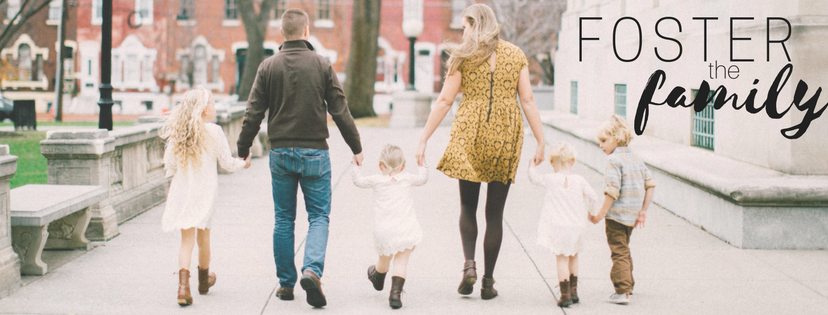She Doesn't Know What Mommy Means
She walks in confidently and with a smile. She knows the drill. In her two years of life, she’s spent five months in foster care. In her five months in care, she’s been in four different homes. I get down on my knees and say, “Hi, sweetie. My name is Jamie. I’m so glad you’ve come to stay with us. Do you want to go meet the kids?”
The other kids are the welcoming committee, the tour guides, and the concierge service for our little residence (“You’re here! Want to see your bed? Want a baby doll? Want a snack? I love you!”). They’re the key to a new child feeling at home. Nothing makes me feel prouder of my bios than watching them do this. Nothing makes my fosters feel more like “mine” than watching them follow suit.
She wanders around with the other kids for approximately 11 minutes before she runs into the room with a smile and says, “Look, mommy!” To me. The woman she met 11 minutes before.
To this little girl, “mommy” meant the female adult of the house, the lady who reached something you couldn't and refilled your juice. Having five “mommies” in five months, she hadn’t yet had the chance to learn what mommy meant.
Mommy meant falling asleep on shoulders, kissing skinned knees, teaching ABCs. Mommy meant helping homework, whispering about friends, sitting outside dressing rooms. Mommy meant taking pictures at graduation, hugging on wedding day, cuddling grandchildren. Mommy meant security. Mommy meant commitment. Mommy meant life-long love.
She was only two years old, though, with a biological mom working hard to get her back and a foster mom willing to step in if she couldn’t. This little girl had the hope of learning that mommy isn’t just what you call a female who helps you, of forgetting that mommy could ever be just a name. This little girl would know what mommy meant. This little girl would have a mommy.





